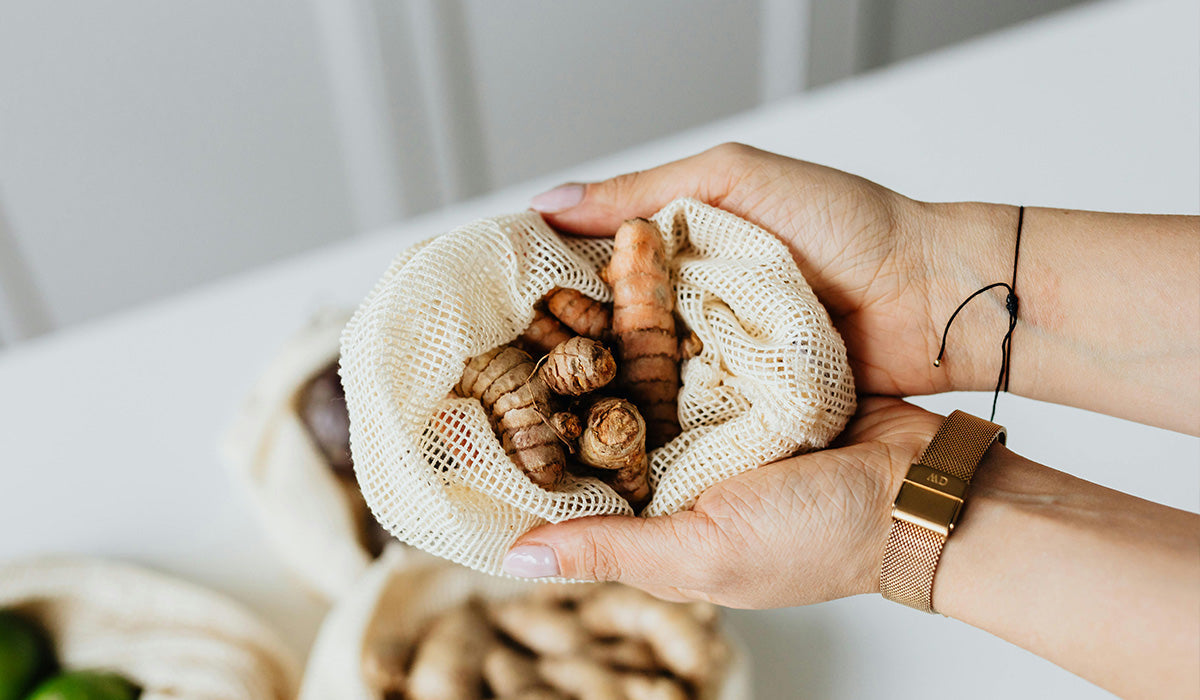In a world where dietary interventions for managing blood sugar levels are of paramount importance, a recent clinical trial has emerged with promising findings. The study, conducted by researchers at Georgetown University's School of Health, the University of Nebraska-Lincoln, and MedStar Health, delves into the potential benefits of an ancient elixir known as kombucha. This fizzy, fermented tea has long been hailed for its healthful properties, but can it truly make a difference in the lives of individuals with type 2 diabetes? Let's explore the exciting details of this groundbreaking research.
The Kombucha Revolution
Kombucha, a beverage fermented with a symbiotic culture of bacteria and yeast (SCOBY), traces its origins back to 200 B.C. in China. Despite its long history, it only gained widespread recognition in the United States during the 1990s. Kombucha enthusiasts have often praised it for its potential immunity-boosting, energy-enhancing, and inflammation-reducing properties, although scientific evidence remained scarce.
The Pioneering Study
In the quest to understand kombucha's impact on blood sugar levels, the research team conducted a pilot 12-person feasibility trial. Their findings, published in Frontiers in Nutrition on August 1, 2023, have ignited hope in the realm of diabetes management. For the first time, the study examined the effects of kombucha specifically in people with diabetes, marking a significant milestone in the field.
What the Study Revealed
The trial followed a rigorous crossover design, wherein participants consumed either eight ounces of kombucha or a placebo beverage daily for four weeks. Subsequently, they underwent a two-month "wash-out" period before swapping beverages for an additional four weeks. Importantly, participants were unaware of which drink they were receiving at any given time.
The results were astonishing. After four weeks of kombucha consumption, participants experienced a notable decrease in average fasting blood glucose levels, plummeting from 164 to 116 milligrams per deciliter. In contrast, the placebo group did not exhibit a statistically significant difference. These findings hold significance, as per the American Diabetes Association, fasting blood sugar levels before meals should ideally range between 70 to 130 milligrams per deciliter.
The Path Forward
With an estimated 96 million Americans grappling with pre-diabetes, and diabetes ranking as the eighth leading cause of death in the U.S., the implications of this research are profound. Dr. Chagai Mendelson, the lead author, expressed hope for a larger trial, building upon the lessons learned from this initial study. Such a comprehensive endeavor could provide a definitive answer regarding kombucha's effectiveness in managing blood glucose levels, potentially offering a lifeline for those at risk of or living with type 2 diabetes.
Conclusion
As science continues to unravel the secrets of kombucha, Biora remains committed to harnessing the power of nature's bounty for better health. Our kombucha-based dressings and vinegars exemplify our dedication to innovative, wholesome products. While further research is needed to confirm the full extent of kombucha's benefits, we are excited to witness the potential for this ancient elixir to transform the landscape of diabetes management. Stay tuned for more updates, and let's embark on a journey toward a healthier, more vibrant future together.
Clic here to read the entire study.




